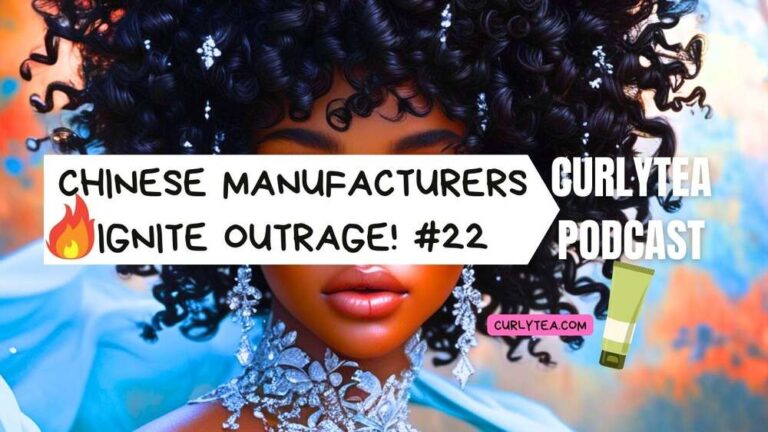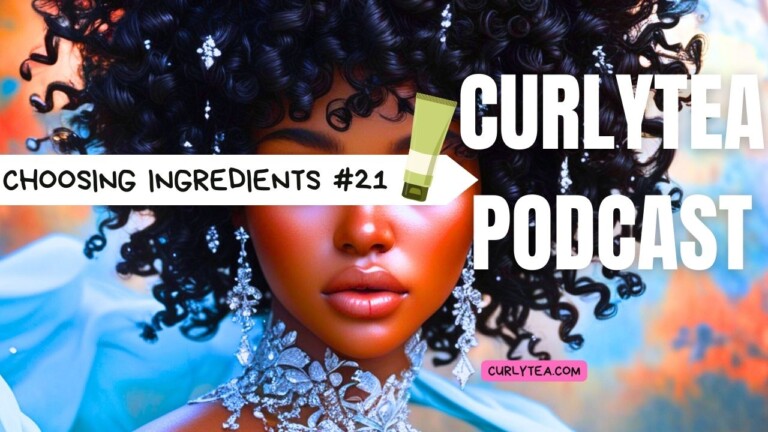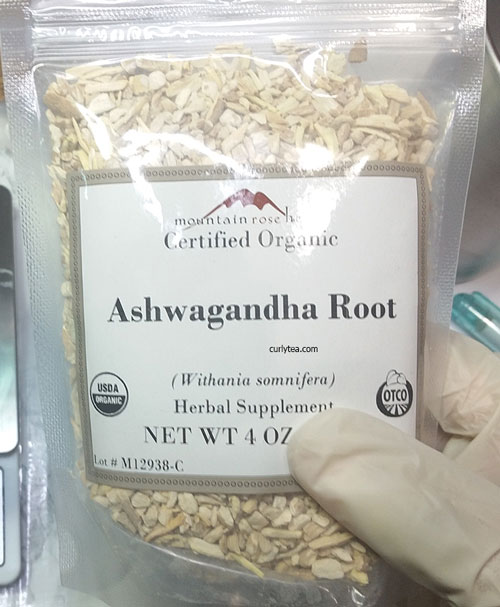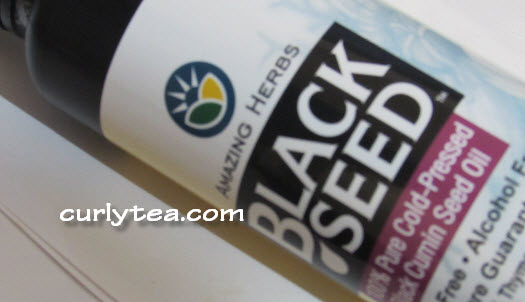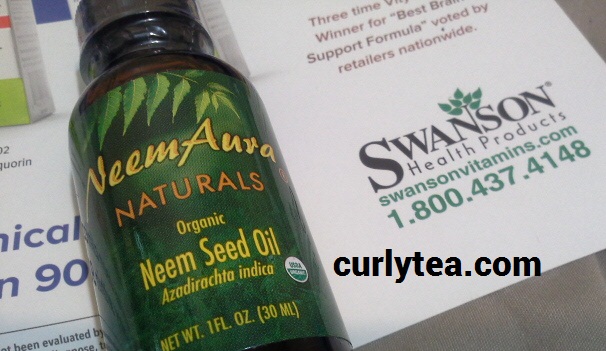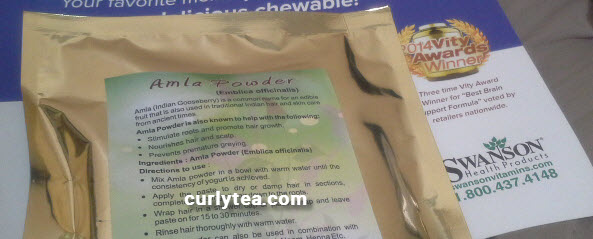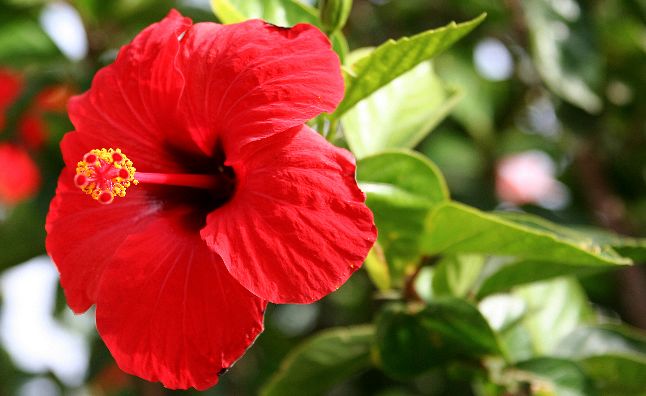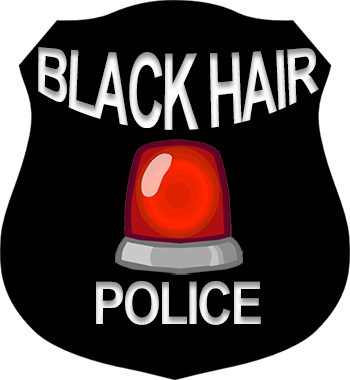

Aside from originating out of imperialistic attitudes around the world, the over-policing of black women’s hair is also part of respectability politics which itself has been like a plague in our own communities. It dates back to when we were little girls just beginning to form opinions about who we are in relation to the rest of the world.
When you saw a black woman with nappy hair — when you were a kid or long before you went natural — did you crack a joke to yourself about how she needed to run a hot comb through “that mess”? Did you laugh when someone came to school with a head full of new growth, and their dried-out relaxed ends hanging on for dear life? Were you brave (or tactless) enough to open your mouth to criticize a child’s “unkept” and “dry looking” natural hair?
If so, why? And why the hell was it so important to essentially take on the temporary role of a Black Hair Police Officer and execute a stop-and-frisk on another sistah?
This topic came to mind during that whole alleged controversy over Blue Ivy’s hair. What I disliked most regarding the inane internet discussions — in the “Comments” sections of various blogs and the alleyways of Facebook — was the projection of poor parenting skills onto the mother and the projection of neglect onto her daughter.
Beyonce was essentially a bad mother, in some critics’ eyes, because she decided not to turn into a Black Hair Police Officer and brutally enforce societal standards of black beauty onto her daughter (irrespective of what she does to herself).
PODCAST
{mp3remote}http://www.curlytea.com/pod/CommunityPolicingPodcast032015.mp3{/mp3remote}
Topic1: Over-policing of black hair
Topic2: Why a podcast?
Being Extra: Guliana Rancic / Zendaya Coleman controversy
This will not turn into a Beyonce/Blue discussion. I’ve long since written about that issue. But the over-policing of black women’s hair often begins at Blue Ivy’s age because that’s the age when Mama is trying to figure out “what to do” with her daughter’s hair. Like it’s a challenge to be met or a game to be won.
Everything goes into that decision because of a buried fear (brainwashing?) of her child not being taken seriously; or of her child being ridiculed for not fitting the norm; or of herself being falsely accused of poor parenting.
Respectability politics could be a reason why SOME people are pressed (ie: too damn concerned over other people’s lives) enough to mock parents for the choices they’ve made for themselves and their children. It’s a real thing to be roasted, even today, for not slicking black hair up into a ponytail, braiding it up with a thousand barrettes or applying a jar of Blue Magic petroleum so that the hair doesn’t look “a mess”. Just ask Blue Ivy.
Respectability politics probably originated with the marginalization of a group of people to the extent where they began to enforce the social standards of a more affluent (often white/European) group onto their own people. Instead of pushing back against somebody else’s standards, the group will become a circular firing squad so as to keep their own people in line and avoid having the more affluent group attack everybody.
We’ve seen it with the whole Bill Cosby pull-up-your-pants nonsense and the countless number of well-intentioned but misguided black folk who want nothing more than to stunt (ie show off) in front of what they consider to be a more affluent, well-connected group. Essentially, some people crave to be part of the in-crowd because the perceived gains become a false indication of real acceptance by the larger society. And they’ll be damned if they let your sagging pants — or any association to pound-cake stealing lowlives — keep them out of affluent society’s VIP section.
Further, this control is often done without that more affluent group having to get their hands dirty with the day-to-day policing of the marginalized group…with the exception of actual policing, of course.. The marginalized group itself tries to show they’re worthy of respect by imitating the actions and social mores of that more affluent group.
Yes, right now there are people who wouldn’t be caught dead without their hair laid. It’s a conscience choice they’ve made. For them, it’s a fashion statement. But do they know where that idea comes from?
The idea of wanting your hair to be “done” and never giving anyone a reason to ridicule your black, African-rooted hair didn’t just pop up out of thin air.
They won’t leave the house without a fresh “perm” or an “installation” of the finest Malaysian… Indian… Brazilian… human… horse… yak… sheep… billy goat… whateva hair.
Fine. Ok. But don’t pretend the idea has absolutely nothing to do with the consequences of some group at some point in history getting marginalized, and who subsequently started to over-police their own folk. Sure it may not mean anything to many black women now. But it meant something to millions of people just a few generations ago.
Some of these critics don’t even understand the positive and negative associations they naturally make to natural hair. For example, kinky undefined hair looks “dry”, “uncombed” and “not taken care of” regardless of whether it is actually moisturized or feels as soft as cotton. Meanwhile, uncombed straight or loosely curled hair is benign “bed head” or an avant garde fashion statement worthy of respect.
Well-intentioned but tactless black folk may assume your child’s hair is dry and “unkept” because the kid isn’t rockin’ a head full of petroleum grease. That didn’t just come out of nowhere.
A random black lady opens her mouth and gives unsolicited advice about how your “nappy” hair could make you look like a fool in front of the white people who will interview you for a job. That didn’t just come out of nowhere.
The notion that someone’s hair isn’t “done” because those glorious naps roam free and “untamed” by traditional (or imperial) standards didn’t just come out of nowhere.
It didn’t waft through the air from offshore and poison black folk out of the blue. These themes came from somewhere. These poisonous notions came from a place of fear….despair…jealousy… hatred… envy…. suppression.
Yes, the ‘othering’ of a people and their features, right down to the tiny little coils of their hair follicles was like being poisoned. Or smothered. Or poisoned and then smothered because we weren’t dying fast enough. But certainly it didn’t magically befall every person of color by accident.
So in comes Mama… or Aunt Tookie… or Miss Madea threatening to whop your a$s so that when you leave their sight, you’ll know how to avoid getting killed by mouthing off to the dominant class. And with that fear and preparation also came your play-Auntie SheeShee, Cousin Shanita and Great Aunt Jessie Mae urging you to “do something to that head” so that you’ll avoid “looking broke-down” and “like you ain’t got good sense”.
Naw, that mess didn’t come out of nowhere. It all fits together like a hand in glove… like water and glycerin…. like a rattail comb and hair relaxer.
But this is a different time where black women around the world have grown tired of that mentality and are purposely deciding to learn how to pamper their own, real hair. Not because ‘these kunka-bubs aint cute.’ Not because they’re ‘trying to start a New Black Panther movement’. Not necessarily because they felt like expressing the beauty of those kinks, coils, curls and twists without shame. But because they felt like it… and that’s it.
The next time the Black Hair Police wants to pat down your natural hair, keep your hands where they can see, don’t reach for anything (not even your wallet), and decide if you even want to explain yourself to anyone who isn’t paying your rent, raising your kid or paying down your student loans.
And that’s it.
twitter: @curlyteaconsult
instagram: curlyteadiy
MUSIC
Artist: BOCrew
Song: ABZ/Future/the day mix featuring the BOcrew
http://ccmixter.org/files/BOCrew/10217
Artist: Citizen NYX
Song: Undercover
http://ccmixter.org/files/nyx/13086
 CURLYTEA
CURLYTEA


